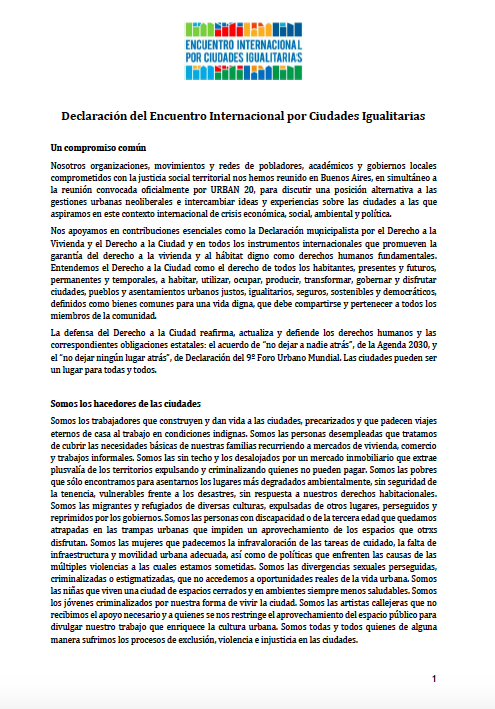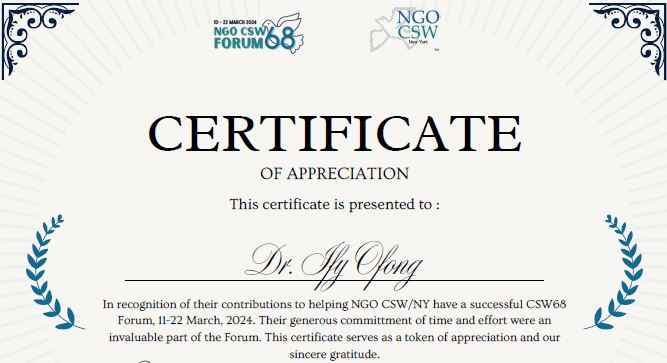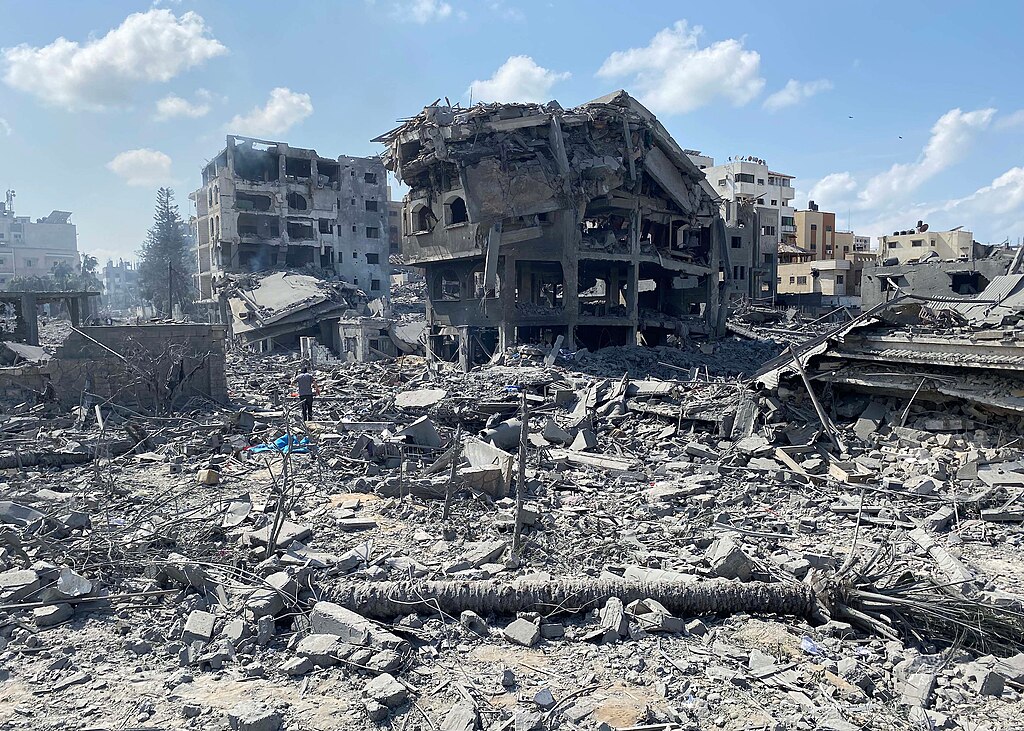Summary
The Special Rapporteur confirms his use of an approach stressing the indivisibility of human rights, without which the right to adequate housing loses its meaning. Whereas this approach initially meant focusing on the interface between adequate housing as an economic, social and cultural right, and relevant civil and political rights such as the right to information and the right to the security of the home, the work of the Special Rapporteur has demonstrated repeatedly that the existing interlinkages go far beyond. An in-depth analysis of the multilayered content of the human right to adequate housing necessitates the exploration of linkages with other related rights such as the rights to land, food, water, health, work, property, equality, inheritance, security of the person, and protection against inhuman and degrading treatment, with non-discrimination and security of tenure at the core.
The Special Rapporteur underlines a number of key areas where enhanced work will be needed in the future, by a range of actors, such as on land and property concerns and the impact of natural disasters and humanitarian emergencies on the right to adequate housing. Finally, the Special Rapporteur provides guidelines for States on development-based evictions, as a practical tool for implementation.
In his recommendations the Special Rapporteur, in the context of the continued global housing crisis, requests the Commission to continue the mandate on adequate housing, to initiate a process of adopting the guidelines on forced evictions that the Special Rapporteur has proposed, to consider recognition of land as a human right and to request States to arrest urban and rural apartheid and segregation and to control unbridled property speculation and land confiscations.
Available on-line in 6 languages at:
http://www.ohchr.org/english/bodies/chr/sessions/62/listdocs.htm#10




